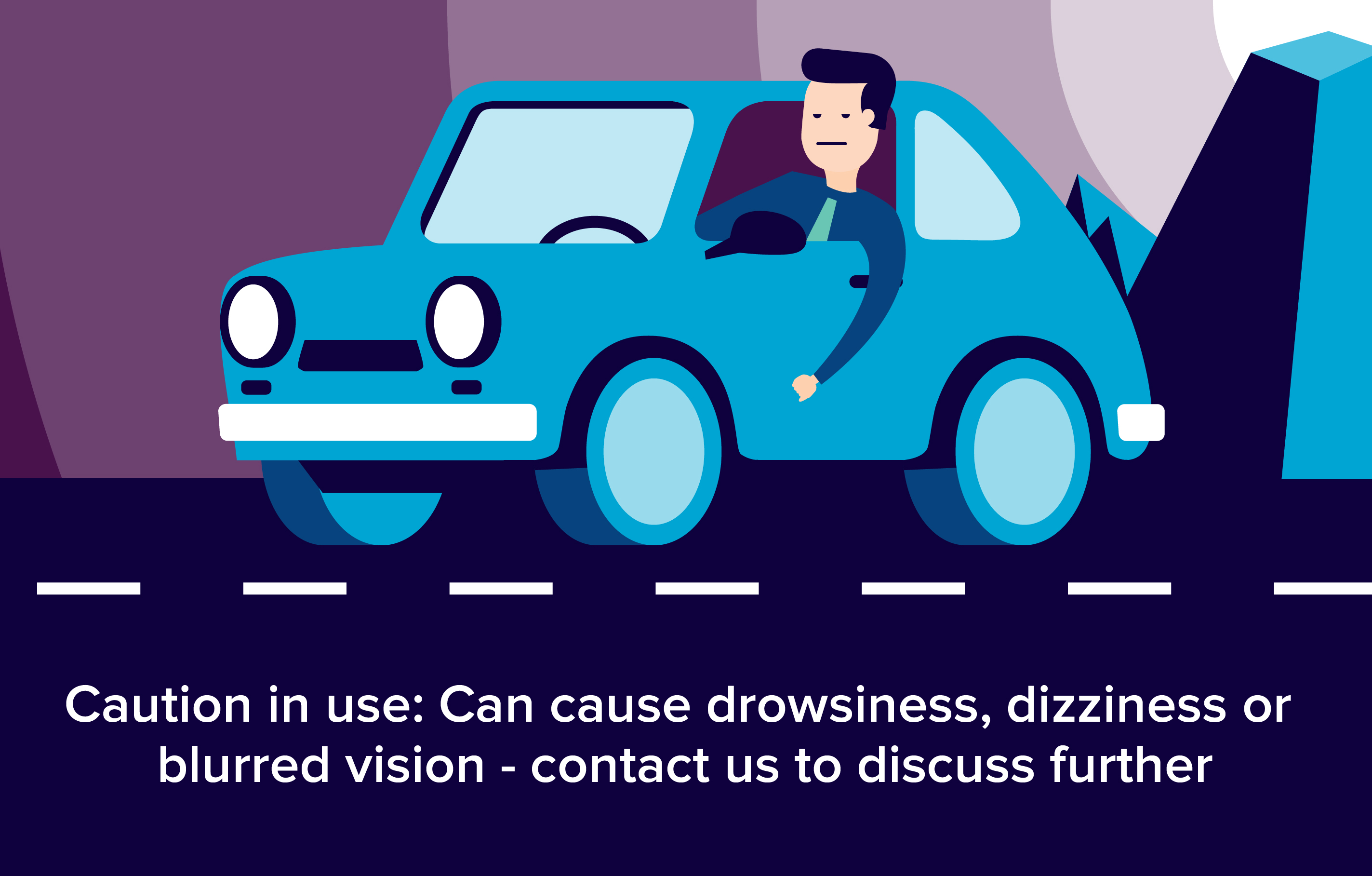Lanoxin (Digoxin) is a medicine which is used in heart failure and heart rhythm disorders.

Why have I been prescribed Lanoxin?
Lanoxin (Digoxin) is a medicine which is used in heart failure and heart rhythm disorders.
How does it work?
- Digoxin increases the force of the heart's contraction.
- This increases the output of blood from the heart and helps to reduce the symptoms of heart failure.
- Digoxin also slows the heart rate and is used to help the heart beat more regularly in certain heart rhythm disorders.
When and how do I take it?
Lanoxin is usually taken once daily but your dose will be tailored to suit you.
What’s the dose?
- The dose of Lanoxin for each patient has to be tailored individually according to age, body weight and how well their kidneys are working.
Could it interact with other tablets?
Tell your prescriber the names of all the medicines that you are taking so that they can consider all possible interactions. This includes all the medicines which have been prescribed by your GP, hospital doctor, dentist, nurse, health visitor, midwife or pharmacist. You must also tell your prescriber about medicines which you have bought over the counter without prescriptions.
The following medicines may interact with Digoxin:
- acarbose
- adrenaline
- alprazolam
- amiodarone
- atorvastatin
- carbenoxolone
- carvedilol
- ciclosporin
- clarithromycin
- colestyramine
- diltiazem
- epoprostenol
- erythromycin
- felodipine
- flecainide
- gentamicin
- indometacin
- itraconazole
- kaolin pectin
- metoclopramide
- neomycin
- nifedipine
- penicillamine
- phenytoin
- prazosin
- propafenone
- propantheline
- quinidine
- quinine
- rifampicin
- salbutamol
- spironolactone
- sulfasalazine
- suxamethonium
- tetracycline
- tiapamil
- trimethoprim
- verapamil
The following types of medicine may interact with Digoxin:
- ACE inhibitors
- antacids
- antibacterials
- beta-blockers
- calcium channel blockers
- corticosteroids
- cytostatics
- diuretics
- laxatives
- lithium salts
- macrolides
- p-glycoprotein inhibitors
- potassium depleting medicines
If you are taking Digoxin and one of the above medicines or types of medicines, make sure your prescriber knows about it.
Herbal products should also only be taken after talking with your doctor.
What are the possible risks or side-effects?
Everyone's reaction to a medicine is different. It is difficult to predict which side-effects you will have from taking a particular medicine, or whether you will have any side-effects at all. The important thing is to tell your prescriber or pharmacist if you are having problems with your medicine.
Common: More than 1 in 100 people who take Digoxin:
- blurred vision
- CNS disturbances
- diarrhoea
- ECG changes
- feeling dizzy
- irregular heart rate
- nausea
- skin rash or rashes
- urticaria
- vomiting
Uncommon: More than 1 in 1000 people who take Digoxin:
- depression
Very rare: Fewer than 1 in 10,000 people who take Digoxin:
- apathy
- blood problems
- breast enlargement in men
- confusion
- gastrointestinal problems
- general feeling of being unwell
- headaches
- loss of appetite
- psychosis or psychotic-like behaviour
- tiredness
- weakness
Can I drink alcohol while taking it?
- There are no known interactions between alcohol and Lanoxin.
- Always ask you doctor or pharmacist however as other medications you are taking may have a bearing on this.
What if I’m pregnant/breastfeeding?
Lanoxin should only be during pregnancy if the doctor deems it necessary for the mothers health.
Lanoxin can be used during pregnancy once the doctor agrees.
If you have any more questions please ask your Pharmacist.
Remember to keep all medicines out of reach of children
Please Note: We have made every effort to ensure that the content of this information sheet is correct at time of publish, but remember that information about drugs may change. This sheet does not list all the uses and side-effects associated with this drug. For full details please see the drug information leaflet which comes with your medicine. Your doctor will assess your medical circumstances and draw your attention to any information or side-effects which may be relevant in your particular case.
References:
http://xpil.medicines.org.uk/ViewPil.aspx?DocID=3937
http://www.drugs.com/lanoxin.html
http://www.rxlist.com/lanoxin-tablets-drug/patient-images-side-effects.htm
http://www.medbroadcast.com/Drug/GetDrug/Lanoxin
https://www.medicines.org.uk/emc/medicine/2178/SPC/Lanoxin+Tablets+0.25mg/

